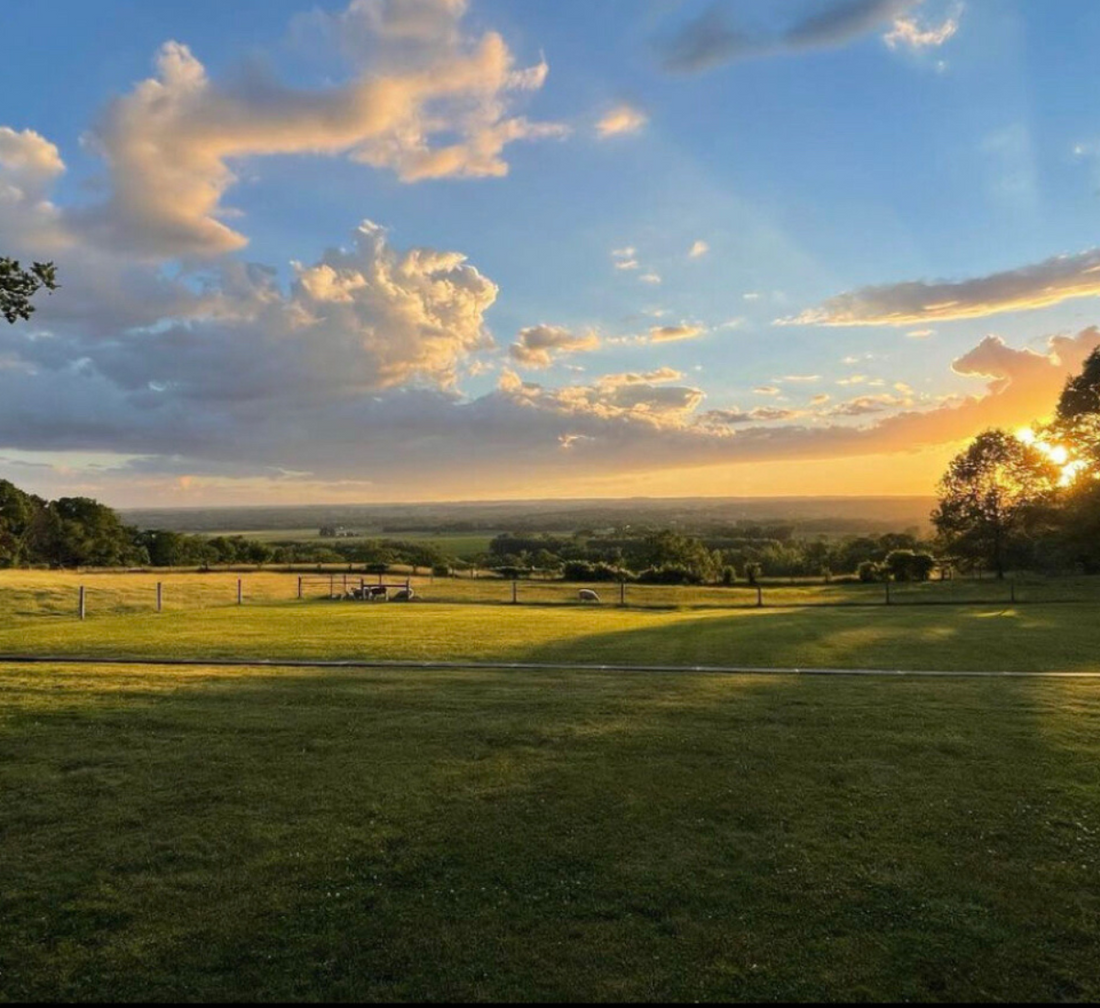Recently, my mom was toying with the idea of selling her farm and downsizing. She lives and works on regenerative, multi-purpose land. Roughly 300 acres used for growing medicinal herbs for her acupuncture practice, fields rented to local farmers to grow crops, and parcels that exist purely for the conservation of raw, unadulterated nature. It’s a ton of work for her and at first I saw some upside to selling.

However, the globalization and industrialization of farmable land all over the world by corporate entities slapped me with the realization that an individuals right to grow their own resources on their own land is on an expedited path to extinction.
Day by day, big agriculture is using sanctions, legislation, and bullying tactics to push farmers off of their land and take control of your access to healthy food. Big tech and corporate agriculture giants are forcing out sustainable, regenerative farming practices in favor of low cost, mass-produced, over-processed, monoculture crops, and they are slapping patents on seeds, fertilizers, and meat alternatives, etc. It is the de-democratization of land and food.
Aside from the obvious doomsday outcome of billionaires and corporations potentially owning every parcel of growable land, why else is this particularly concerning?
Controlling the food supply is scary enough, but even more alarming is the sharp decline in food quality due to monoculture farming. Monoculture farming is growing a single crop on a swath of land, season after season, year after year. It's primarily used as a way for commercial agriculture to produce a lot of one thing, like corn, and do it cheaply.
When you look at a natural, unadulterated ecosystem, you'll see a variety of plant species growing over, under, and around each other. Nowhere in nature do you see a single species occupying an entire ecosystem, and with good reason.
The forced lack of biodiversity creates an imbalance to the natural order. It invites pests and in turn requires the use of fertilizers. It leaves crops vulnerable to pathogens, inviting blights that wipe out portions of the food supply, and it depletes the health and fertility of the soil, thus yielding produce stripped of its vitality. Just compare a fresh farmers market tomato to one at your big box grocery store. The lack of minerals and nutrients of a monoculture grown tomato are visible even to the naked eye.
Put simply, the first rule of healthy soil, thus healthy food, and thus healthy people, is biodiversity. Without biodiverse ecosystems, the checks and balances of the natural world fall apart, allowing pests, disease, and pathogens to run wild.
"You can't have a healthy civilization without healthy soil." - Joel Salatin
On the opposite side is regenerative farming, a method that works with the wildness of nature to improve and sustain the health of the soil and the produce. One major benefit to regenerative agriculture is carbon sequestration. Healthy soils act as a carbon sink, capturing and storing atmospheric carbon dioxide.
This helps to mitigate the environmental impact while also enhancing the resilience of crops to extreme weather events. Seeing regenerative farming in action is to witness the symbiotic relationships within the wildness of nature.
On top of unprecedented levels of farm debt and bankruptcies looming over many of America's farmers, the average farmer today is 58 years old. That's not far off from retirement. And if their offspring has no interest in carrying on the family farm, what are they to do besides sell it off?
The voracious giants are there with grabby hands and cheshire grins, ready and able to gobble it up.
Denying access to healthy food and medicinal plants that help prevent the need to enter the healthcare system with chronic conditions to begin with, is robbing us of our sovereignty to control what we consume, and the sovereignty of the seed, meaning, it is an attempt to patent and own the very intelligence of nature and deny its potential to organically sustain human life.

So, what can you do?
1. Vote with your dollars. Shop small. Shop local. Get to know your farmer.
2. Start a small garden at your home or in your community garden. Realize the power in your ability to grow your own food and medicinal plants and herbs. Then realize that is your right.
3. If you have the will and the means, acquire a piece of land and take pride in being its faithful shepherd.
4. Gain wisdom on what it means to have agency over your own consumption. Read the works of Michael Pollan and Joel Salatin. They provide a colorful telling of land, seed, and food in a way that delights, inspires, and informs.
Back to our family farm. I believe that owning even a small parcel of farmable land will be more valuable to my quality of life in the next 10-20 years than any shiny high-rise condo or suburban mic-mansion. Individually-owned, farmable land will soon only belong to billionaires, corporate agriculture, corporate tech giants. So, we’ll be hanging onto ours, thank you very much.

Footnote from the author:
Every year I re-read a book by Joel Salatin called Folks, This Ain't Normal: A Farmer's Advice for Happier Hens, Healthier People, and a Better World. It sounds a little kooky, but it offers a brilliant and entertaining perspective on an entire category of wisdom and historical knowledge that has become lost in in modern society. I realize this post is an ominous take on the state of land in the US, and I wouldn't write it if it wasn't important. There will be plenty of time for more fun, sexy topics, but this is an honest and necessary message on a topic near and dear to my heart. Thank you for reading, and as always, stay curious.
xo,
Trish

